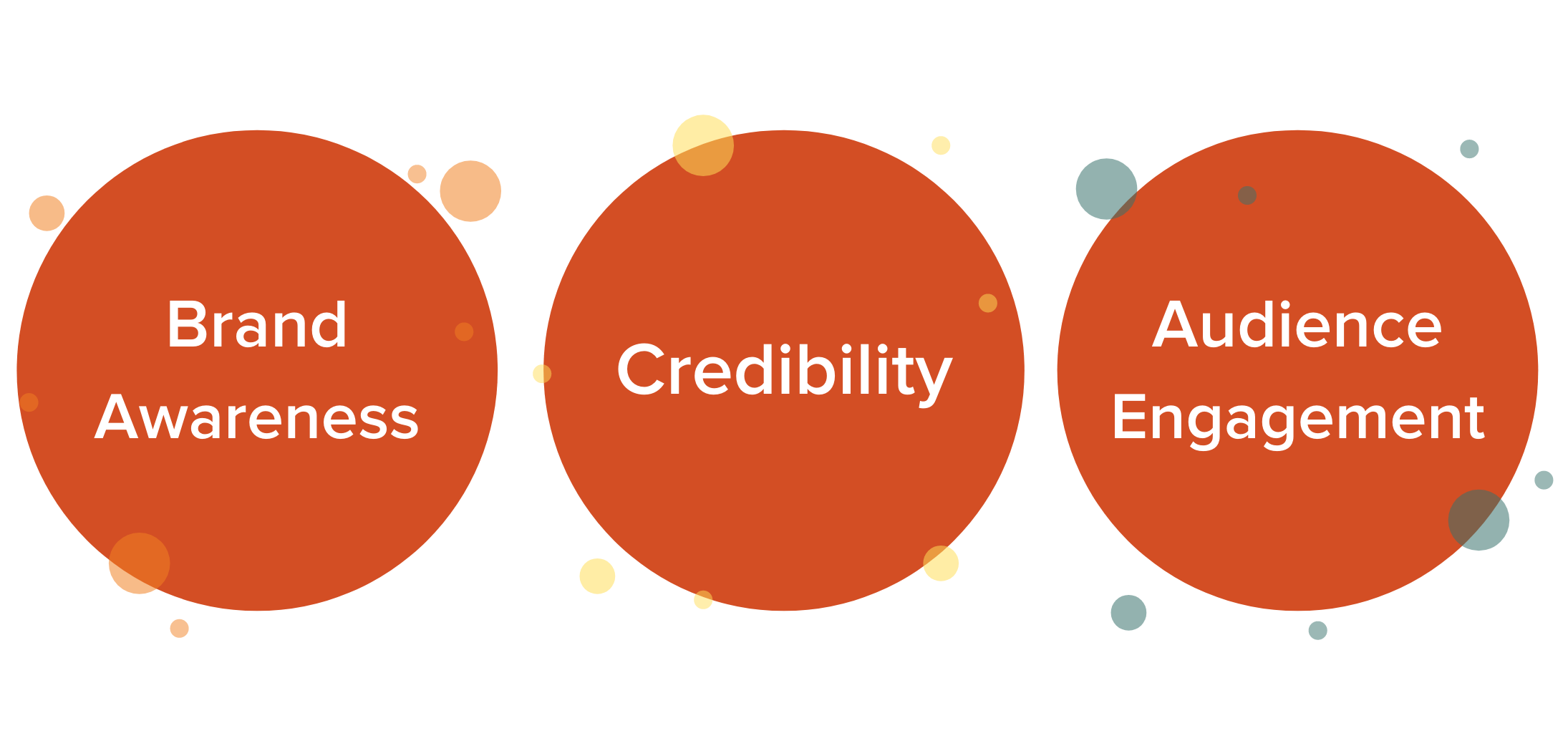
4 SEO Tactics That Will Help You Target Thought Leadership
4 SEO Tactics That Will Help You Target Thought Leadership
Tony Patrick, Director of SEO and Analytics, Content & PR Division • Intero Digital • September 24, 2020

Today, a successful content marketing strategy requires SEO. You can’t simply create content and hope it’ll stick; you have to integrate SEO strategies to see a bigger return on your content marketing investment.
It’s like throwing darts. If you throw just one dart (create content), the odds that you’ll hit the bull’s-eye (achieve your goals) are pretty slim.
Remember: SEO efforts don’t just help you meet your organic traffic goals — they can also help you achieve your brand awareness objectives. Even if you’re focusing on external press, SEO is still important to make sure you cover content your audience is seeking.
For example, one of our clients wanted to build its thought leadership. From January 2019 to August 2020, we helped the company increase its domain authority, attract 13,188 more backlinks to its website, and boost its organic traffic by 14.49%. All of these results have worked together to build the company’s credibility and authority in front of its audience.
The Main Thought Leadership Objectives You Can Achieve Through SEO

Let’s review a few SEO strategies that can help you achieve those objectives and build your thought leadership.
Keyword Research
What is it?
Keyword research gives you an understanding of what search terms you rank for, what terms other thought leaders in your industry rank for, and which keywords you should place more focus on.
How can it help you build thought leadership?
Keyword research allows you to learn what questions your audience members are asking. This way, you can answer those questions and position yourself as an authority in your industry. You can include short-tail (e.g., “VR”) and long-tail (e.g., “what is virtual reality?”) keywords in your content in order to rank for those keywords and solidify your place as a thought leader online. This is important because if your audience doesn’t find you when they navigate to Google and search for insights related to your expertise, they probably won’t consider you an industry expert.
Topic Clusters
What are they?
A topic cluster is a group of pieces of content that cover various aspects of a subject area, preferably a keyword that you’ve identified as important in your keyword research. Each piece focuses on a hyperspecific aspect of the overall subject, and each piece of cluster content links to the others.
How can they help you build thought leadership?
The topic cluster approach allows you to create overview content and in-depth content, which positions you as an expert on the subject matter that your audience cares about. Plus, search engine algorithms favor topic-based content, so using the topic cluster approach can help you rank better in search results.
Content Optimization
What is it?
Content optimization is what it sounds like: optimizing your content for search. This can involve adding keywords to your content, linking to other content on your website, and including a meta description and SEO page title for each blog post.
How can it help you build thought leadership?
If the content you produce isn’t ranking well, that means it’s not showing up as a relevant answer to your audience members’ questions. In turn, you won’t be perceived as an expert. On the other hand, when you optimize your content for search engines, it’s more likely to show up in search results when your target audience looks for content related to your industry and services.
Link Building
What is it?
Link building is the process of gaining hyperlinks that point back to your website from another site. These hyperlinks are called backlinks.
How can it help you build thought leadership?
Search engines essentially view backlinks as an endorsement. Other websites think your content is so insightful and valuable that they’re willing to send their audience members to your site. So if your website gets backlinks from relevant, high-quality sources, Google will see your website as an authority and your audience will view you as an expert in your industry.
